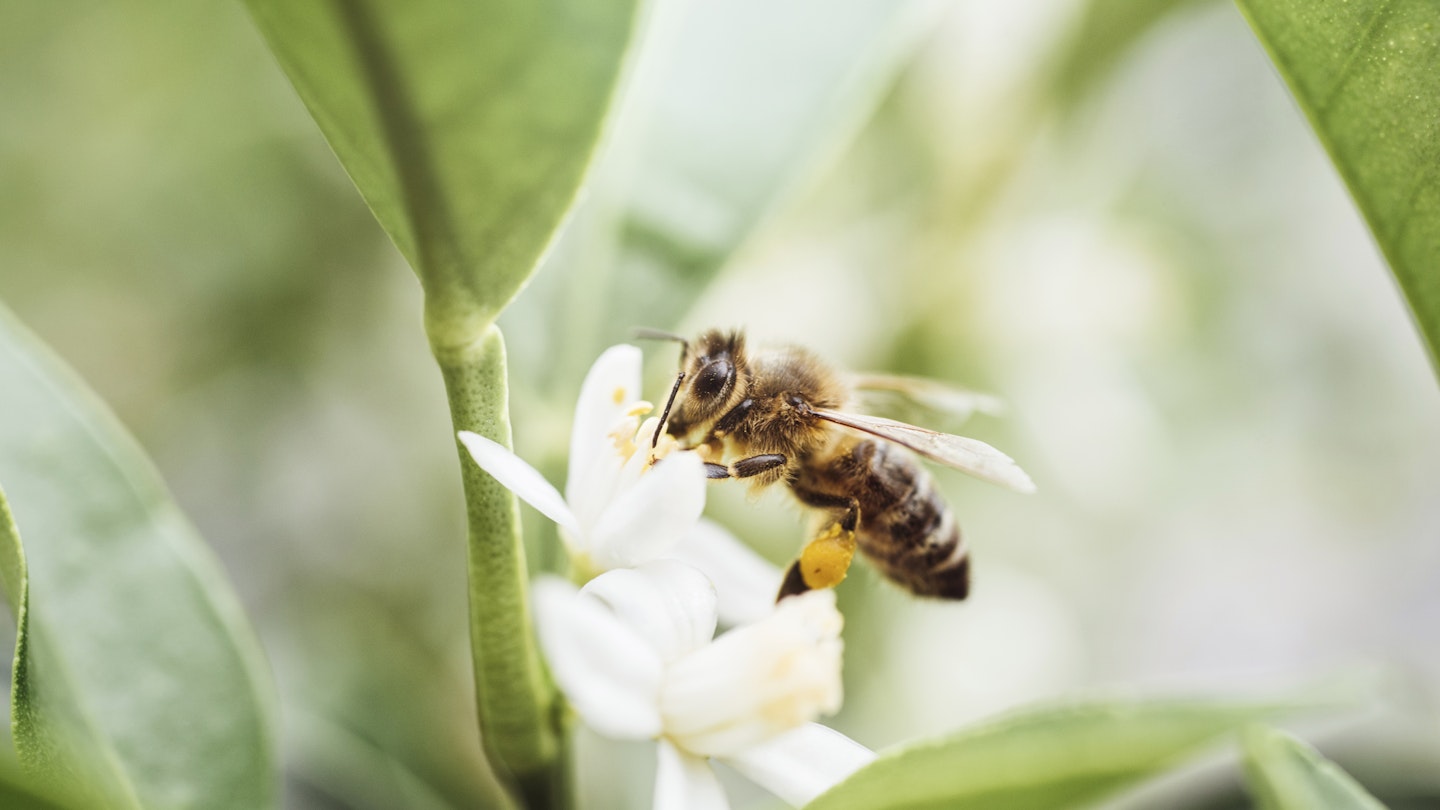Have you heard of sweat bees? Disclaimer: If you have a weak stomach you might want to click away now. According to today's news, four of them were found living in the tear duct of a Taiwanese woman. Astonished Doctors have said that the four insects that they found were 3-4mm long and perfectly alive and well at the time of - let's shudder together - extraction.
Hung Chi-Ting, the head of the Opthamology department at Taiwan's Fooyin University Hospital, who made the discovery has said 'I saw something that looked like insect legs, so I pulled them out under a microscope slowly, and one at a time without damaging things inside.'
The 29-year-old woman woman had admitted herself to hospital after experiencing intense pain and swelling in her eye despite washing it with water. The sweat bees (who feed from nectar and pollen but are also drawn to human perspiration) had flown into her eye and were feeding on tears from her tear duct, causing a severe bacterial infection in the eye. Yes, it'll be haunting our dreams for several months from here, too (is anyone else getting an itchy eye just reading this?)
But of course, hitting the sweet spot of being cringingly-awful-yet-gratifyingly-gross the story has rapidly been shared quite a lot. Did you share that story about the spiders nest that grew in somebody's ear? Of course you did: we all did. Probably because we were so grossed out, but also because...well, why, exactly? The question remains, what is it about stomach-churning stories about insects incubating in unexpected parts of the human body that we all find so fascinating?
According to counseling directory member Lorna Mograby - there is of course a psychological reason we love to share stories that we find just a bit revolting 'We are totally fascinated by anything weird and out of the ordinary, especially when they happen to other people, and especially in the comfort of our own homes, where we feel "untouchable." Lorna says. Going on, she explains 'it's part of our psyche. We feel reassured that it is not happening to us, so there is a sense of relief as well.'
And it's not just us sharing these fascinations either (remember that episode of Black Mirrorwhere hackers got into the mechanical bees? If you watched it you'll probably never feel the same about bees again..). Meanwhile, if Dr. Pimple-popper obsessives taught us anything, it's that an unexpectedly large contingent of the population love watching things being excavated from the skin. Perhaps, in troubled times (as with anything: blame it all on Brexit) we're finding catharsis in stories concerning the ridding of parasites and pests? Is this the proverbial news-equivalent of the Youtube blackhead extraction?
Whatever the reason - given the extinction of bees could quite literally mean the end of humanity, maybe we should try not to give them too much bad press. Especially as it looks like it could happen worryingly soon, some species of bee are now even officially 'endangered'. Bees are critical for plants to grow as part of the process of pollination, so if they became extinct we could face earth turning into a giant desert.
With that in mind - while we're not exactly welcoming the discovery of tear-duct-dwelling sweat bees, maybe we can let it fly just for now... (no puns intended)
